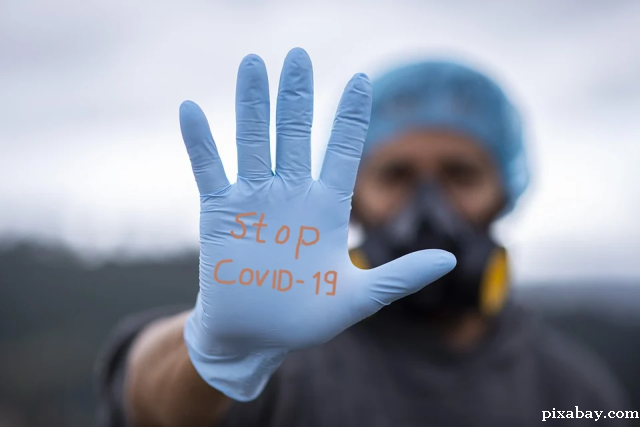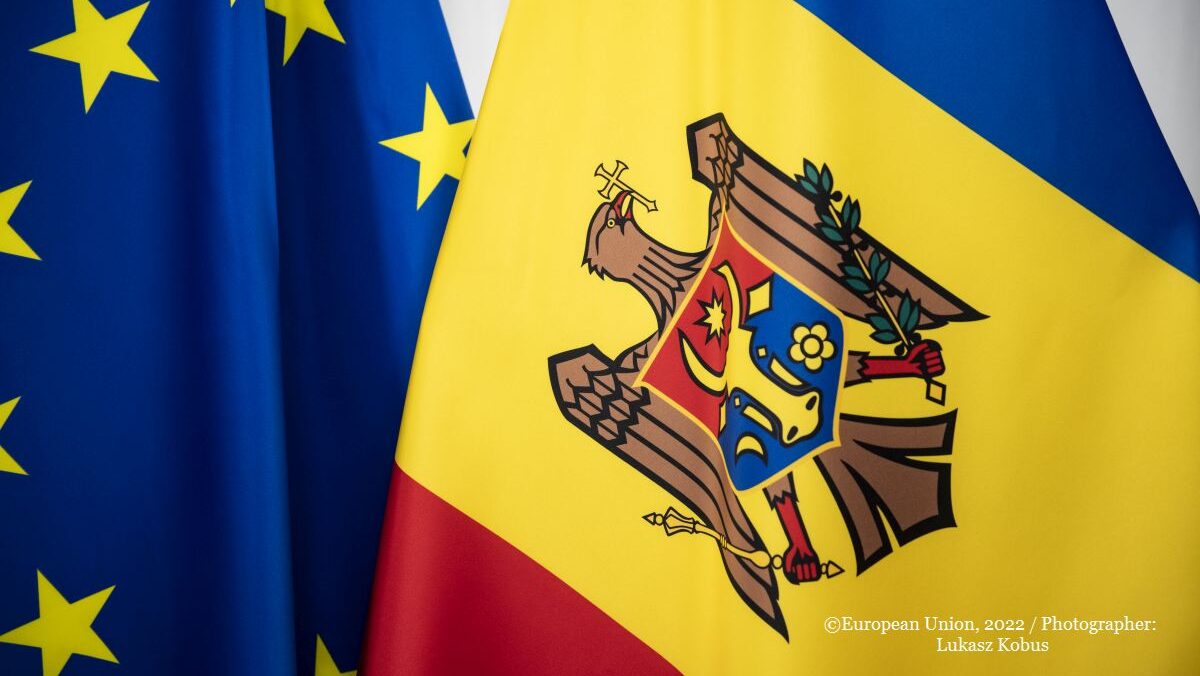Romania – one year into the pandemic
Its been one year since Romania first entered the state of emergency over the coronavirus pandemic.

Eugen Coroianu, 16.03.2021, 14:00
One
year ago, on 16 March, only three months after the novel
coronavirus was first reported in China, Romania entered a state of emergency to
battle the spread of the pandemic. This exceptional measure lasted 60 days and
involved a series of drastic measures that restricted some of people’s natural
freedoms and way of life. Schools were closed, as well as most shops,
restaurants, performance venues and cinemas, and many economic activities were
suspended, with the exception of those considered essential. Movement was
severely restricted, with people having to spend most of their time indoors. Special
sanitary and health measures were taken and medical facilities were created to
treat Covid patients only.
A race
for protective equipment began, especially for medical workers, who everybody
looked at with hope and respect. Doctors, the auxiliary staff and all those employed
by the medical system were the new heroes, and rightly so. They were on the
front line, battling an almost unknown disease, risking their lives and those
of their families. Others, too, were called upon to ensure essential services
at a time when panic began to settle in with respect to the provision essential
supplies. People began to stock up on food and medicine, although their fears soon
proved ungrounded. Romania managed, in some respects better than other
countries, to provide its inhabitants with the basic necessities, except
medical services – a problem it had even before the pandemic.
There
was also no shortage of political and social disputes between those who opposed
and those who promoted the restrictions. Romanians, overall, were relatively
calm, largely respecting the rules and demonstrating sufficient civic responsibility
so as not to create additional major tensions.
The 60-day-long
state of emergency was followed by a state of alert, which has since been
extended on a monthly basis and which implied a new set of restrictions and relaxations
depending on the situation of the pandemic. One year on, the consequences are
visible on all fronts: medical, social, economic and political. More than
21,000 people have died. Some 860,000 have had the virus, with some 90% recovering.
At
the moment, Romania seems to have entered the third wave of the pandemic, with
hospitals under increased pressure, especially intensive care units. There is now
a race against the clock to vaccinate as many people as possible, this being
the main weapon against the pandemic. There are problems with the supply of
vaccines, vaccination capability and priority to vaccination. As a member of
the European Union, Romania benefits from all three vaccines approved in the community
bloc, which it receives regularly, in keeping with the delivery calendar
established in Brussels. (CM)






























